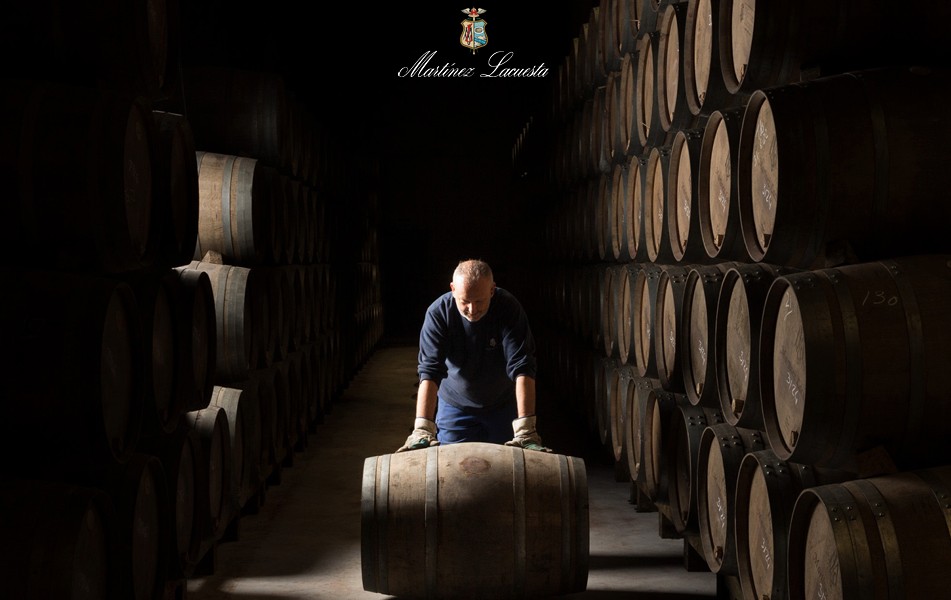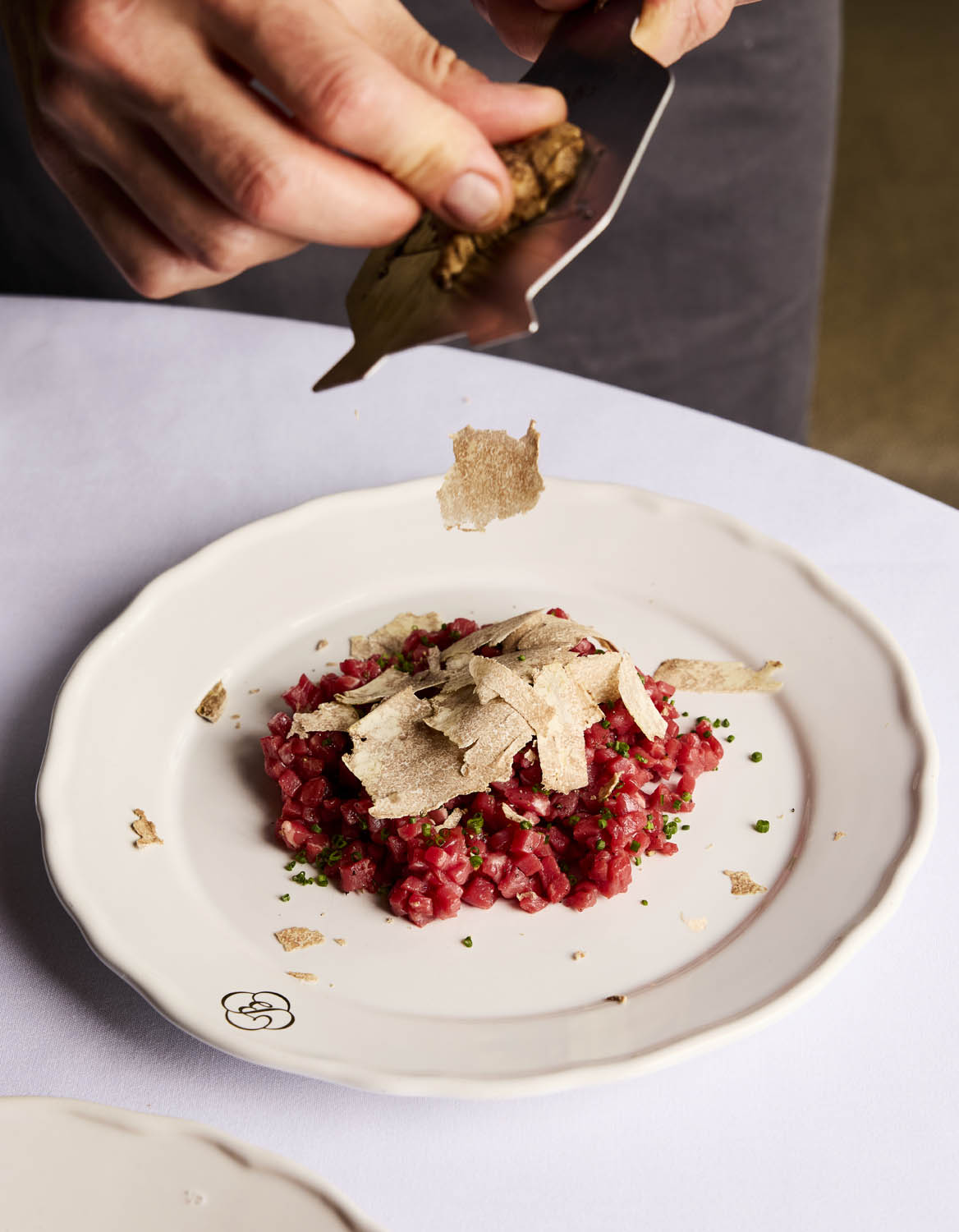Cava harvest ‘a warning about the future of viticulture’, says DO president
The 2023 Cava harvest, marked by prolonged drought across Spain, is a sign of things to come, Javier Pagés, president of the DO’s regulatory council, tells db.

The 2023 Cava harvest, which finished on 9 October, was hampered by the “the extreme conditions that vine growers and winemakers have had to deal with” across Spain, according to Javier Pagés, president of the DO Cava.
Despite the considerable challenges, namely a severe lack of rainfall throughout the year, Pagés told the drinks business that “the low rainfall has not affected all areas equally”, bringing hope for the harvest.
“Although it is true that yields have dropped significantly, the quality of the 2023 harvest has been exceptional, possibly a historic harvest in terms of quality,” he told db. “We are pleased with the exceptional quality of the grapes in terms of health and ripeness.”
One silver lining is that the lack of rain, says Pagés, has led to “a general absence of fungal diseases”.
Like last year, the 2023 harvest started at the beginning of August, and the result has been uneven for the different areas that make up the DO Cava.
“Some regions have been more affected by the drought than others, such as the Valls d’Anoia-Foix subzone, which belongs to the Comtats de Barcelona,” Pagés revealed.
Acknowledging the steep road that lies ahead for winemakers as they enter the production process, he shared a premonition about things to come.
“This year’s harvest serves as a warning about the future of viticulture, which will require considerable effort and dedication from all those involved in the Cava production process.”
Partner Content
The climatic difficulties have come at a key time of change for the DO Cava, which has recently launched a new set of zoning and labelling laws designed to differentiate the quality tiers of the Spanish sparkling wine.
Pagés is keen to highlight the DO’s “strong commitment to the production of Cavas de Guarda Superior.”
Last year’s harvest was the first in which grapes from plots destined exclusively for Cavas de Guarda Superior were picked.
The vineyards and wineries have been continuously monitored by approximately 100 inspectors to preserve the high quality of Cava using “real-time qualitative and quantitative data entry as a guarantee of traceability”, which Pagés says is “a fundamental pillar” of the Regulatory Council.
Cava de Guarda Superior wines must be aged for either more than 18 months for a Reserva, or 30 months for a Gran Reserva. Reduced yields also apply, and all Cava de Guarda Superior wines must be 100% organic from 2025.
The wines will be denoted by silver labelling on bottles.
The prestigious Cava de Paraje Calificado wines (a cut above Cava de Guarda Superior) are aged for more than 36 months.
Related news
Castel Group leadership coup escalates
For the twelfth day of Christmas...
Zuccardi Valle de Uco: textured, unique and revolutionary wines




